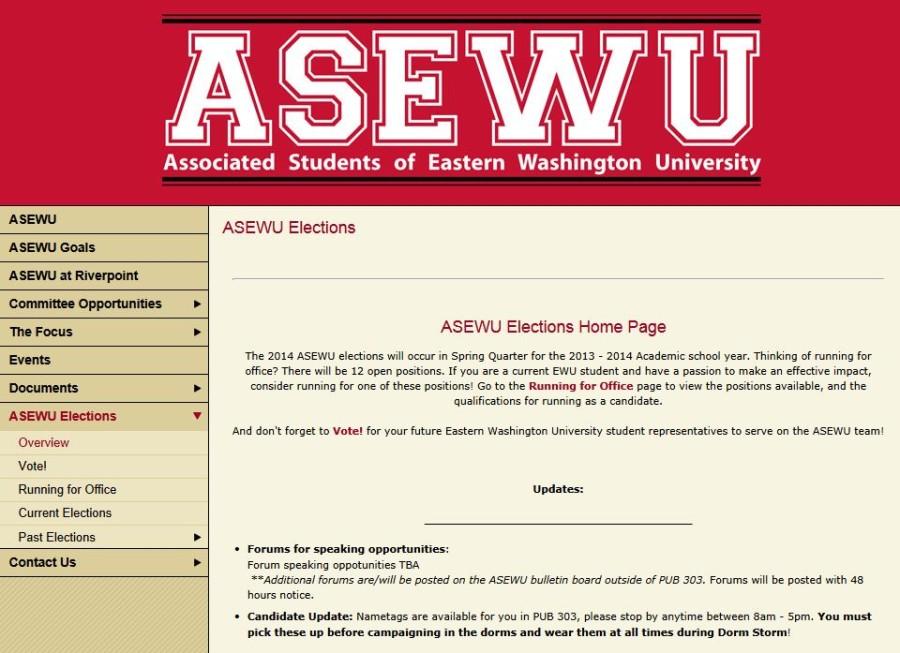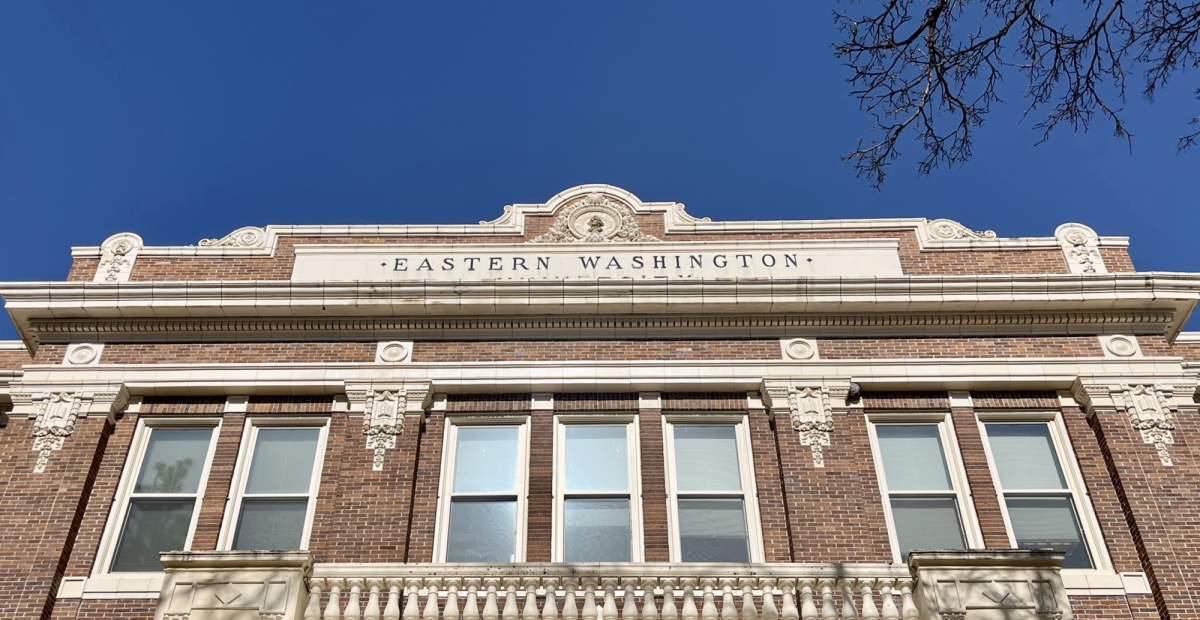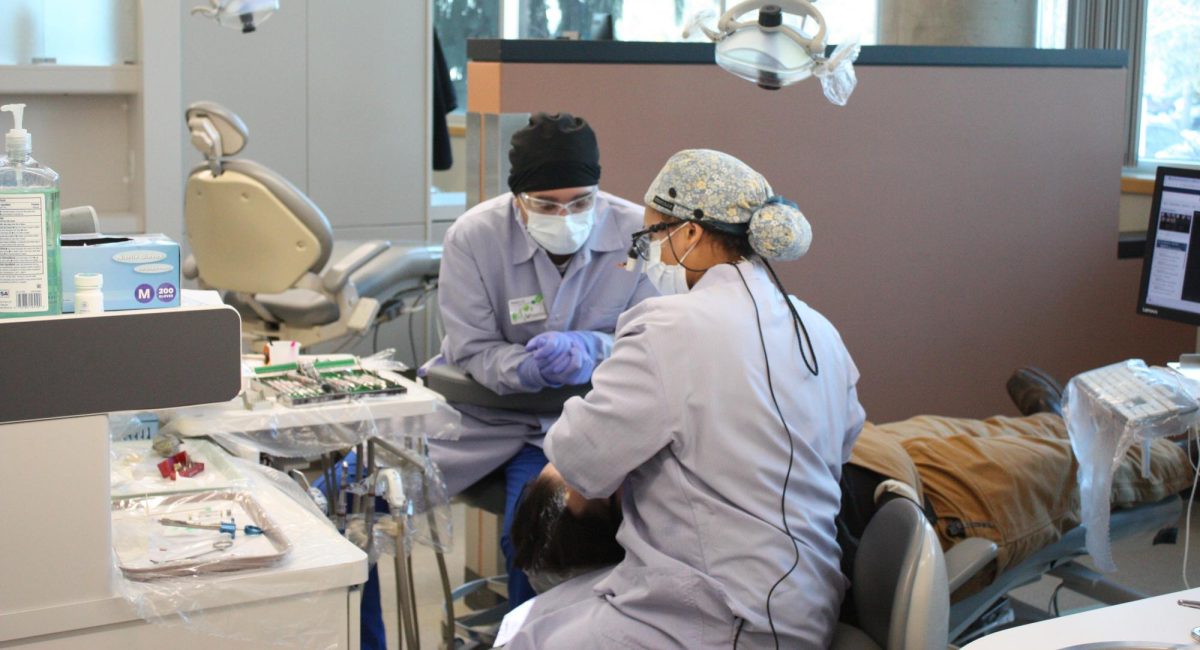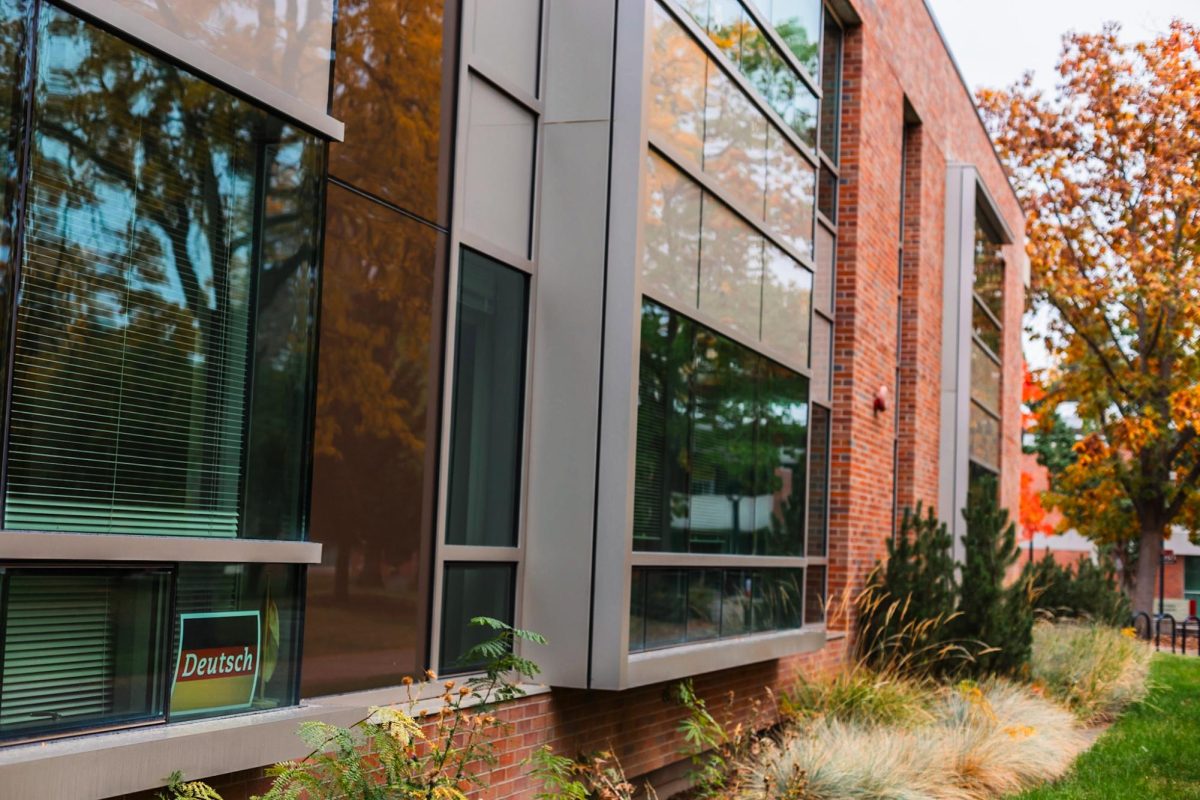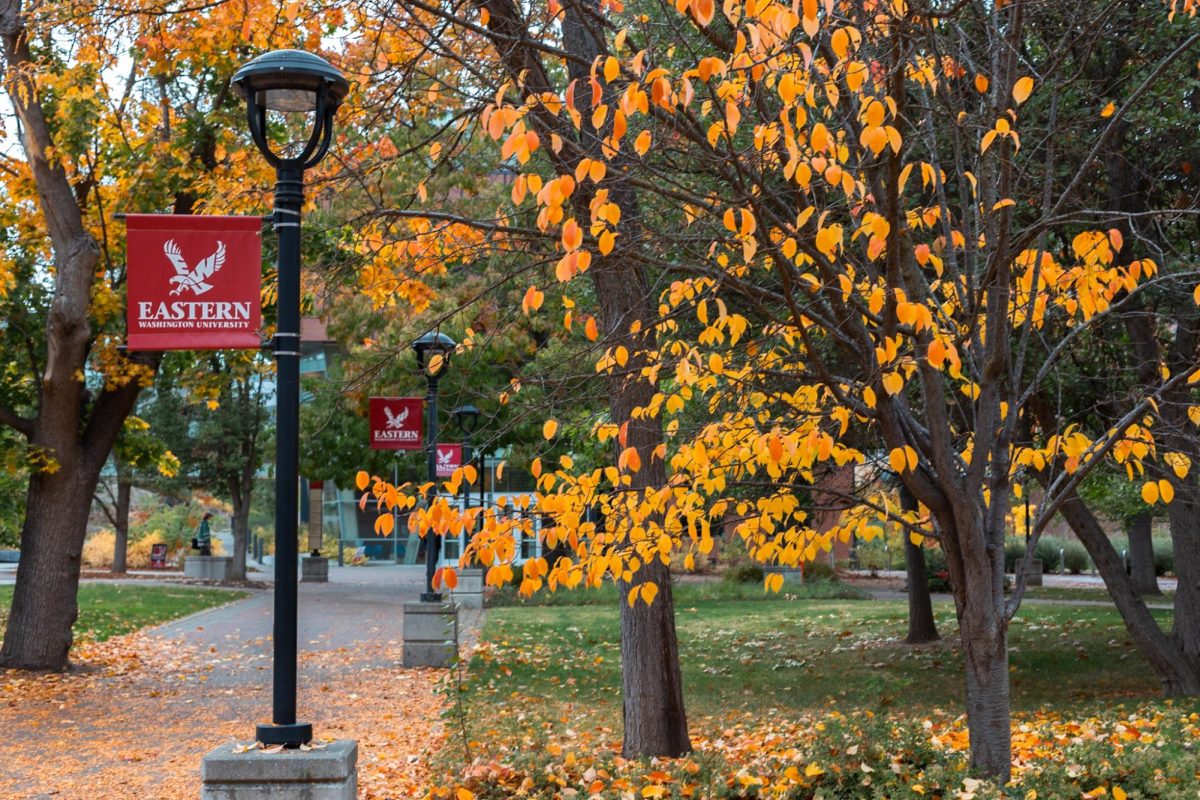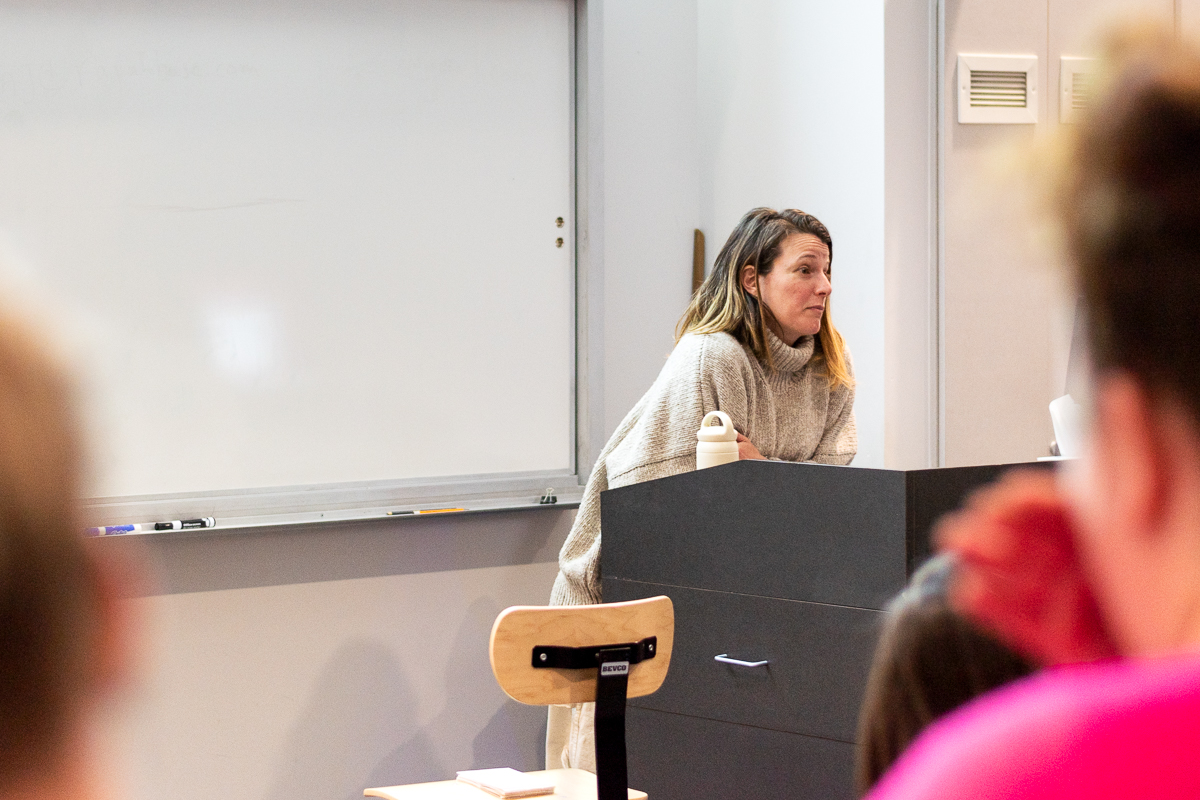easterner.opinion@gmail.com
In order to effectively govern the students, the ASEWU must operate in an open manner.
In January, The Easterner sent a formal request to the ASEWU that it be informed of all open meetings. We have explained to the student government that one of our purposes is to serve the students by informing the EWU community of how they are being governed.
In a recent case involving an election board grievance, reporter Linsey Garrison covered the hearing. She was told that the exact sanctions against the candidate would be declared within five business days.
The grievance hearing was Thursday, April 18, the primaries were Tuesday, April 23, and we printed on Wednesday, April 24. Prior to publishing the story on EasternerOnline.com on Sunday, April 21, our news editor, Jane Martin, called the ASEWU public relations specialist, Frank McNeilly. She asked whether the sanctions had been decided or if there was a press release about the grievance sanctions. He said he had no information.
On Wednesday morning, the candidate in question told us that the appeal findings had been posted since Friday. Apparently, “posted” means “posted outside of the ASEWU office” rather than posted to the ASEWU website, Facebook page or anywhere else where a large population of students might see it.
In the course of covering another grievance hearing, Garrison was refused a copy of a press release by Director of Elections Connor Gregg. Garrison was told she could look at it in the glass case outside of the ASEWU’s office, but not have a copy because they were confidential. We learned later that the findings posted outside the ASEWU offices were letters to the candidates and not classified as press releases. Apparently, they were confidential findings from an open meeting, a meeting that had been announced on the ASEWU’s Facebook page.
Confidential findings and open meetings are contradictory. When findings clear a candidate of charges, then the same methods of casting doubt should be used to clear the candidate’s name. When a publicized verbal warning is the sanction against a candidate found guilty of a grievance, then, by definition, that should not be confidential.
Contrary to Gregg’s withholding of information, McNeilly forwarded us letters outlining grievance findings to The Easterner prior to the printing of this issue.
Furthermore, when we asked the ASEWU for the primary election results, we were initially told to check the results posted to the ASEWU website. Because verification is important, we asked for the independent findings. Seeking original documents and sources is standard procedure to ensure the most accurate information.
Gregg emailed us the findings several minutes later. The only results included in the Excel file were of candidates that had filed. There was no write-in candidate count. We immediately wrote back to the director of elections and asked for the unedited file, but he has yet to return our correspondence.
We sent the file to Matt Brown, the independent contractor who compiles the electronic results. He said that the file wasn’t exactly the same, since the write-ins were missing, but he added that making that information public was at the ASEWU’s discretion, not his.
What is the purpose of having a write-in option on a ballot if those options are not taken seriously enough to be reported?
According to the edited election results we received, out of the 2,136 voters reported, 929 votes went to one candidate for legislative affairs and 847 went to the other. We are left to guess that 360 votes went to write-ins. If 16.8 percent were designated to a write-in campaign during the primary, the students wouldn’t know. If students weren’t taking the election seriously and all the write-in votes were for Macklemore, the students wouldn’t know. The information was not shared with the students.
While seeking written descriptions of sanctions against candidates, we found numbers about write-in votes in the glass case outside the ASEWU office. The candidates were listed in no apparent order, and all write-in votes were designated to “other.” Those numbers were lower than expected in reference to the reported total number of votes, but we have no way to verify the information presented because the file that we received from the ASEWU had been edited.
New ASEWU, take note: The Easterner is a primary mode of relaying campus news to students. The Easterner and the ASEWU both exist to assist students. Our goals are parallel in many ways. However, it seems the ASEWU wishes to prevent information from coming to light, and that is where we come into conflict. Secrecy has never been an effective form of government. More effective communication with The Easterner, as well as the student body at large, is crucial if the ASEWU is to be a transparent organization.




